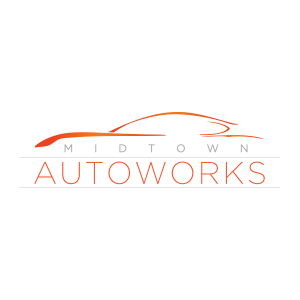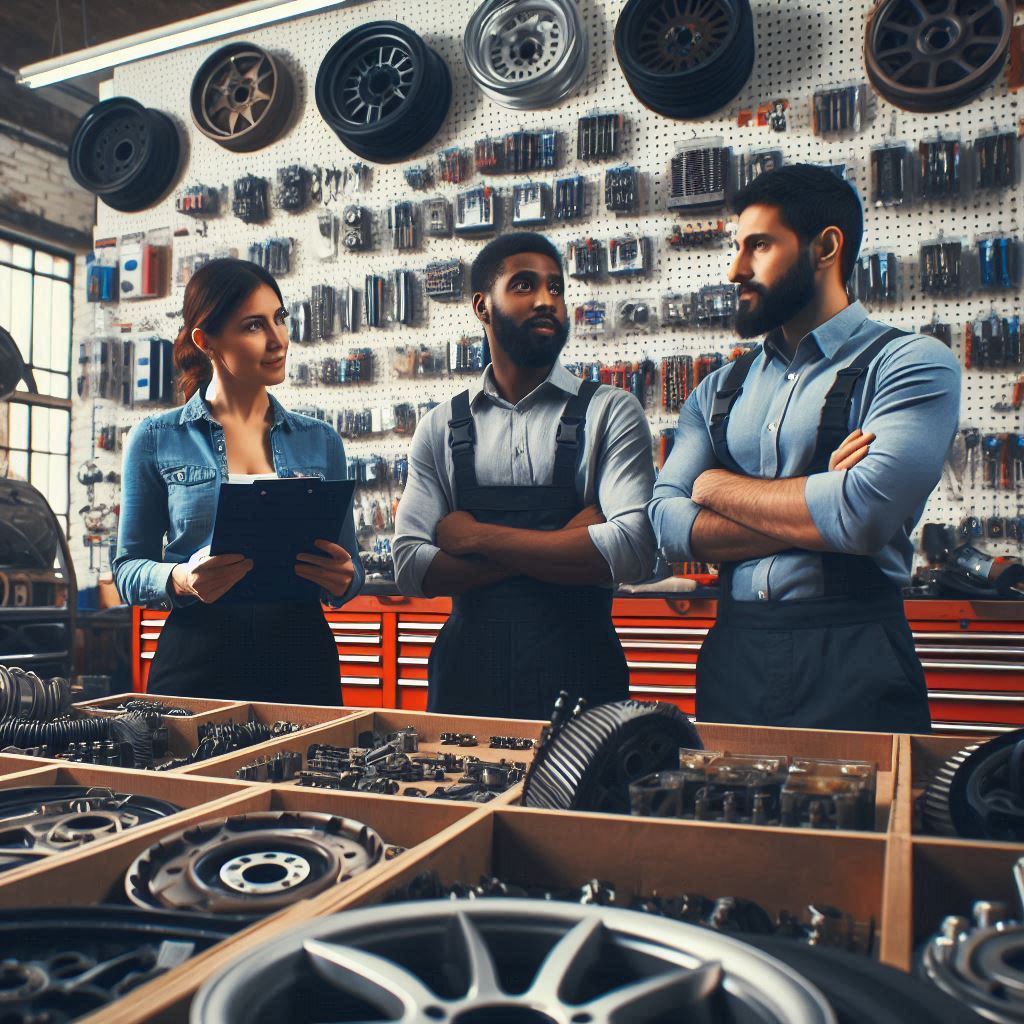Access to Aftermarket Auto Parts
Mercedes and Porsche Mechanic | Midtown Auto Repair | Sacramento
When it comes to vehicle maintenance and repair, many drivers face the choice between taking their car to a dealership or opting for a small, independent auto shop. While dealerships are often associated with specialized expertise and brand-specific tools, small auto shops frequently outshine them in terms of flexibility and affordability. One key reason for this advantage lies in their use of aftermarket parts, which provide customers with a wider range of repair options at significantly lower costs.
Aftermarket parts, unlike original equipment manufacturer (OEM) parts, are produced by third-party manufacturers and are designed to meet or exceed the specifications of the original components. These parts are often available at a fraction of the cost of OEM parts, making them a budget-friendly choice for car owners. Small auto shops leverage this by offering customers the option to choose between OEM and aftermarket parts, empowering them to make decisions that align with their financial and functional needs.
Flexibility is another major benefit of small auto shops. Unlike dealerships, which are often constrained by corporate policies that mandate the exclusive use of OEM parts, independent mechanics have the freedom to source parts from a variety of suppliers. This allows them to find solutions tailored to the specific requirements of each vehicle and customer. For instance, an owner of an older vehicle might prefer an aftermarket part that is more cost-effective yet still reliable, while another might prioritize OEM parts for warranty compatibility. Small shops can accommodate both preferences, providing a level of personalization rarely seen at dealerships.
In addition to cost savings and customization, small auto shops often provide quicker service. Dealerships, burdened by larger operations and more bureaucratic processes, may have longer wait times for repairs and part procurement. Independent shops, with their streamlined operations and diverse supply networks, can frequently complete repairs more efficiently.
The human element also plays a significant role. At small shops, customers often develop personal relationships with their mechanics, fostering trust and transparency. This contrasts with the often impersonal nature of dealership service departments, where customers might feel like just another number.
For drivers seeking cost-effective, flexible, and personalized repair options, small auto shops offer a compelling alternative to dealerships. By embracing the use of aftermarket parts and prioritizing customer-centric service, these businesses not only provide high-quality repairs but also empower car owners to take control of their automotive needs.


